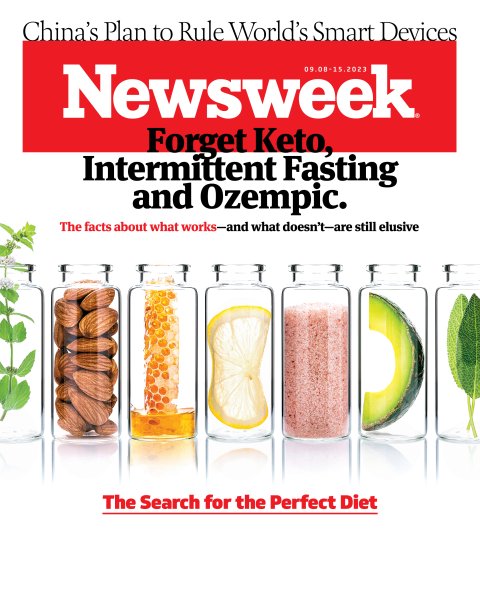If there is one thing that diet science has made clear, it is that eating foods packed with saturated fats, sugars and salt makes it difficult to maintain a healthy weight, and can raise the risks of many major diseases. That's why avoiding junk food—the fatty, sweet and salty treats from soda to chips to candy bars that are heavily marketed by the food industry—is at the top of most nutritionists' and other medical experts' lists of healthy eating tips. The advice tends to diverge from there. Here is some of what rests on good science:
Eat more home-cooked meals. Cooking at home is correlated with healthier outcomes, even though scientists disagree as to why.
Eat more veggies, fruits and whole grains. These foods are all loaded with important nutrients, and can help reduce the temptation to gorge on fatty, sugary, salty foods. What's more, these foods don't lead to surges in blood sugar that can wreak havoc with the body, as many other foods can.
Be aware of calories. Despite the oft-heard claim that calories don't matter, the vast majority of experts insist that they do, and that people who take in more calories than they spend through activity are going to end up with an unhealthy weight. Although rigorous calorie-tracking is too burdensome for most people, simply being aware that soda, fried foods and fatty burgers are dense with calories can help.

Be wary of gimmicky or extreme diets. Avoid diets that exhort followers to load way up on certain foods and completely cut out others, or that dictate exactly what needs to be eaten when, or require big doses of an unproven supplement. Most people can't stick with these sorts of diets. And some extreme diets, such as liquid-only "cleanses," may be dangerous.
Cut down on red meat and processed meat. Red meat—and yes, say experts, that includes pork, despite the industry's efforts to market it as a white meat—tends to be loaded with saturated fats. And packaged cold cuts, including poultry, contain added salt, sugar and fat.
Focus on habits and lifestyle, not willpower. White-knuckling a diet that leaves you hungry or craving certain foods can produce fast, dramatic results, but most dieters tend to gain all the lost weight back, and more. Better to make small changes that can become easy-to-stick-with routines and then add in more small, healthy changes over time.
Walk. It won't by itself reliably lead to weight loss, but it will almost certainly lead to better health. And it will help with achieving a healthy weight if combined with healthy changes to diet. Start with a bit of relaxed walking each day, and slowly increase the distance and rate over time.














